When starting any work, be it as an architect, engineer, investor, or future construction owner, we have asked ourselves what materials are best to use? What material gives us better quality, better management times, aesthetics, durability, and if we can make our money work better and save costs, why not?
Today, we will talk about concrete blocks or cement blocks like beton block. We will tell you the advantages and disadvantages of their use. We will make comparisons with blocks of other materials. We will help you clear up doubts and make the best decision for your construction.
Let us begin!
What should we know about concrete blocks?
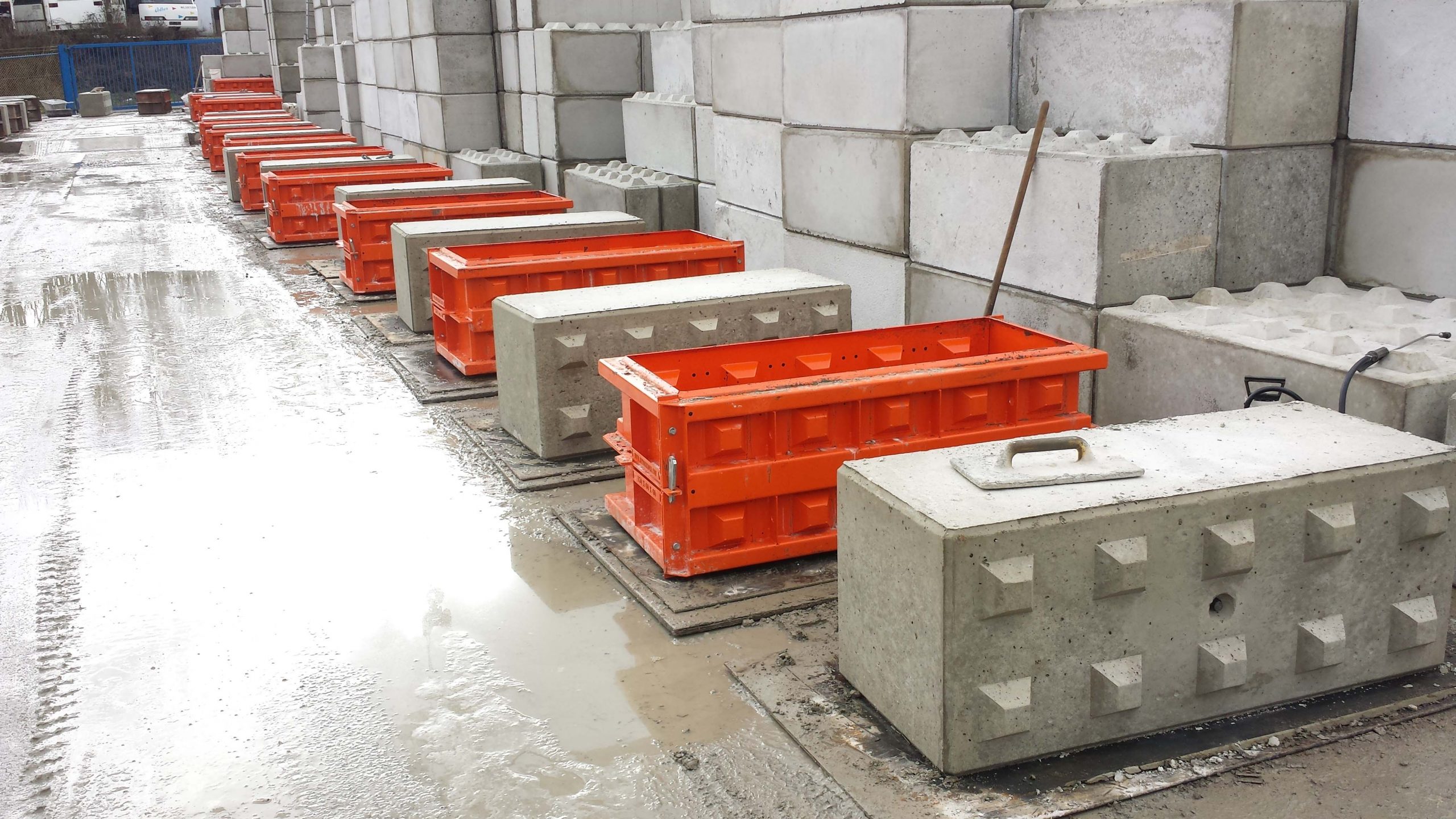
The Concrete Block is a masonry for walls and walls manufactured from Vibro-compressed concrete. This means that they are subjected to a vibration and compression process within a mould that ensures dimensional precision and uniform compaction of the material.
Concrete blocks are made from a mixture of cement, stone, sand, and other aggregates. This mixture is subjected to the Vibro-compaction process, which goes through a controlled cure for optimum quality.
Since they come in various sizes and styles, they provide a quick and inexpensive way to create the security, control, or storage you need.
Advantage
- Being large, construction time is significantly reduced and requires fewer units per m2
- Less mixing is required to bond the concrete blocks
- Higher labour performance; a mason officer and an assistant build 12m2 of wall per day (more than 150 blocks)
- Possibility of removing plasters; Due to the uniform and constant surface finish of the concrete block, it behaves as an excellent thick plaster
- The measurements are exact and uniform; which allows building in a modular way and be sure of the amount of material needed, saving unnecessary expenses
- Cost efficiency; the minimal need for ongoing maintenance
- Less amount of bedding mortar
- It has a high resistance to fire and floods
- Excellent sound insulation due to mass and damping qualities
To consider
- The blocks cannot be split but must be worked whole, so it is recommended to work modularly when making the pipes or openings with standard measures. This allows the use of entire pre-moulded parts without adaptations on-site, saving time, materials, and tasks that this implies.
- They must be scorched at the time of their placement, which implies that we must find a place to store them since they must be protected from rain and night dew before being placed.
Comparisons
– Concrete blocks have more perfect edges and sides since they are manufactured in paving slab moulds, while ceramic brick, an extrusion material, has more imperfections.
– Although it is light at the beginning when covering the brick with the mortar, they are equal in weight of the material, even heavier than the concrete block, therefore, building a brick wall is more expensive.
– There is a reference to bricks that can be used as decorative products but cannot be used for structural load-bearing; concrete blocks can.


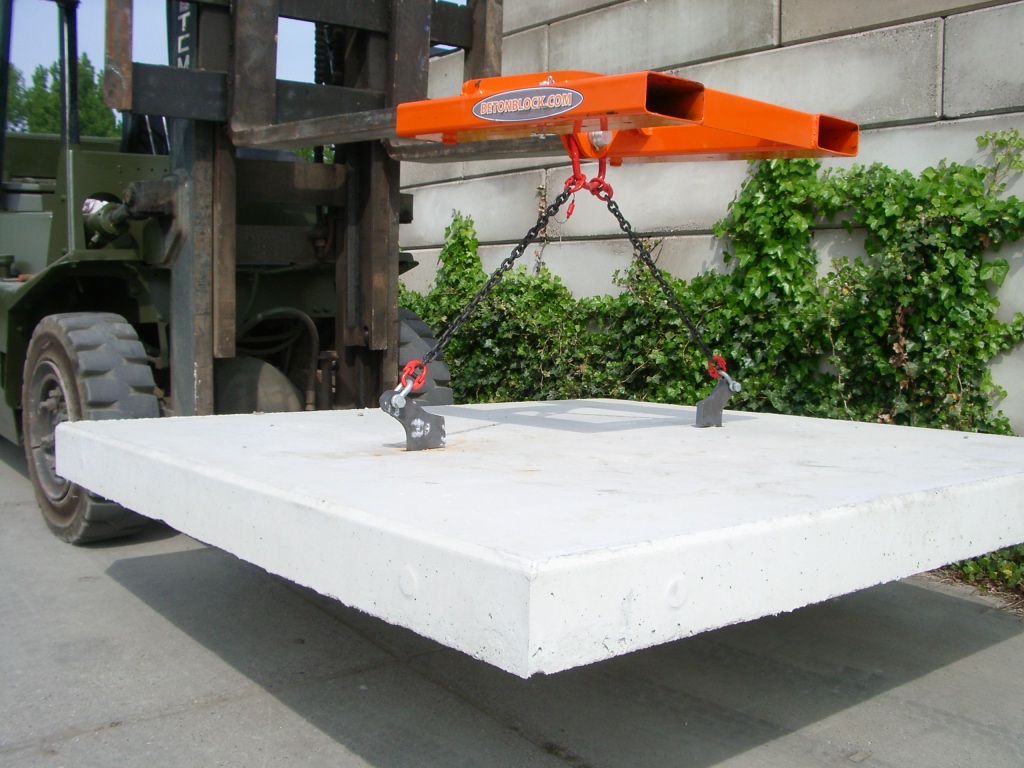
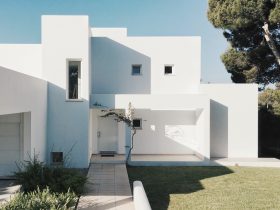
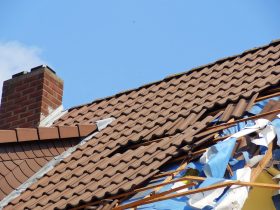


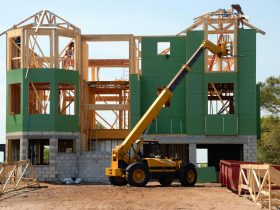
Leave a Reply